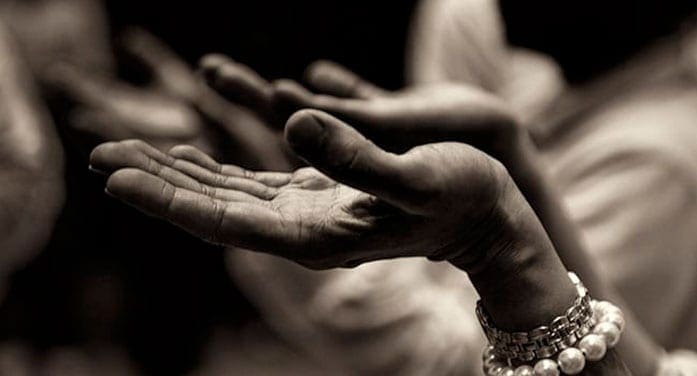 Current wisdom has it that the age-old debate between order and freedom is essentially resolved.
Current wisdom has it that the age-old debate between order and freedom is essentially resolved.
Champions of the former – so-called social conservatives and traditional religious believers – are said to be in retreat, even facing outright defeat.
There is certainly no question religion has gone from a private good to a public bad. Thirty years ago, even if you weren’t religious you were still likely to think of those who were as decent, honest, straight-living, contributors to society. Today, those who take religion too seriously are grouped along with fanatics who fly planes into buildings, are depicted as intolerant of their neighbours and are most likely deemed hypocritical at heart.
Yet there remains reason to believe it’s premature, at best, to declare the debates led by social conservatives over, much less social conservatism itself defunct. On the contrary, there is evidence we are living a moment when the argument is about to begin in earnest.
For the past 30 years, an essential element of religious faith – social order to facilitate freedom – has been discarded in most of our public discourse. Doing so reflected a simplistic and un-nuanced understanding of religion, which has contributed to the present “illiberal” (to use the term in its classic sense) marginalization of people of faith from the mainstream of public life.
The misunderstanding itself has led us to a dead end, namely the demonstrably wrong assumption that religion was about to simply disappear. Anyone who pays attention to the world is reminded daily that this is simply not the case. On the contrary, religious faith today is, globally, arguably as powerful a force as it has ever been in human history.
As a result, whether we recognize it or not, popular understanding of religion and its place in public life is undergoing radical change. It is mistaken to measure this change by mere numbers – either in terms of church attendance or fulfilment of diversity quotas. The change is to the paradigm by which we commonly understand religion as well as secularism.
We are in the midst of what philosopher Charles Taylor calls a transforming “social imaginary”: that is, what it is possible for us to believe in the context of the age. Taylor’s magnum opus, A Secular Age, attempted to answer a seemingly very simple question: why was it impossible in the 15th century to live a full life without reference to God, and equally impossible by the 20th century to live a life where God was present in all aspects?
Taylor’s concludes that what he calls our current “exclusive humanism” is, at best, an aberration of human history. “I mean by this,” he writes, “a humanism accepting no final goals beyond human flourishing, nor any allegiance to anything else beyond this flourishing. Of no previous society was this true.”
Philosopher James K.A. Smith infers from this historical aberration the emergence of what he calls “cracks in the secular” – fissures or fault lines where the kind of totalizing secularism required for “exclusive humanism” becomes socially unsustainable.
There is outside evidence to support the appearance of these cracks in the secular. Supreme Court of Canada decisions in 2015 on religious freedom – Loyola and Saguenay – reset the relationship between the state and religious institutions. It did so by affirming that the state’s “neutrality” requires a fostering of religious diversity, not its extinguishment.
Such affirmation can rightly be seen as positively contributing to a healthier understanding of a more robust sense of religious freedom. Its logical implication is that in our evolving post-secular society, exclusive secularism is finally being seen for what it is: a world view that is making as absolute a truth claim as any other and therefore does not deserve a place of privilege in a public square protected by the “neutral” state. Continuing down this trajectory allows us to imagine a more open, healthier debate in the public square regarding the balance of freedom and order.
So, farewell to the social conservatism that gives them life? Quite the opposite. Look for them to make a comeback in our emerging post-secular society.
Ray Pennings is the co-founder and executive vice-president of the think tank Cardus.
Ray is a Troy Media contributor. Why aren’t you?
The views, opinions and positions expressed by columnists and contributors are the author’s alone. They do not inherently or expressly reflect the views, opinions and/or positions of our publication.


